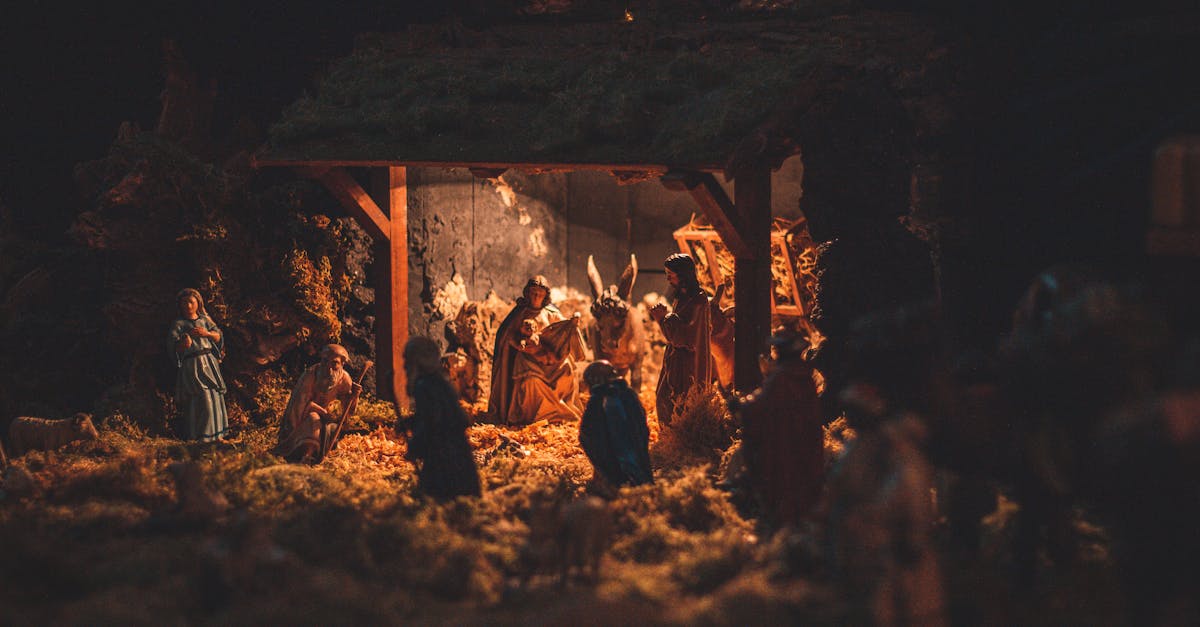Understanding the Importance of Gratitude
Gratitude is fundamental to a happy and fulfilling life. Teaching preschoolers to be grateful not only makes them happier but also shapes them into kind, considerate individuals. From a Christian perspective, gratitude is more than just politeness; it’s about recognizing God’s blessings in our lives. Break down the concept into simple lessons. For instance, explain how saying ‘thank you’ means we acknowledge goodness bestowed upon us.

Using Bible Stories to Teach Thankfulness
Bible stories are treasure troves of moral lessons, including gratitude. One powerful story that exemplifies thankfulness is ‘The Ten Lepers’ from Luke 17:11-19. In this story, only one leper returns to thank Jesus. It’s a poignant tale to discuss with children about why gratitude matters and how it pleases Jesus.
It’s important to relate these stories to daily life. For instance, when children receive a toy or a treat, remind them about the leper who returned to thank Jesus. This practical application helps anchor the lesson in real-world actions.

Using these stories as teaching tools can instill a deeper sense of gratitude in young hearts and minds.
Daily Practices to Cultivate Gratitude
Daily Practices to Cultivate Gratitude: Implementing daily gratitude habits is essential. Create a “gratitude jar” where your child can drop notes of things they are thankful for each day. Before bedtime, share what each family member is grateful for. These practices keep gratitude top of mind. Consistency is key; repetition helps integrate this positive habit into their daily routine seamlessly.

Implementing these simple daily practices can significantly impact your child’s outlook on life and foster a sense of appreciation for the world around them.
Handling Emotional Challenges
Preschoolers can experience a wide range of emotions, making it tough to practice gratitude. When your child is feeling upset or frustrated, it’s crucial to acknowledge their emotions first. You can gently guide them towards gratitude by helping them see positive sides. For example, if they are sad about a broken toy, remind them of the many toys they have. It’s about balancing empathy with a gentle reminder of blessings.
Image Source: Pexels
Creative Activities for Grateful Hearts
Engage preschoolers in fun activities that emphasize gratitude. Create DIY ‘thank you’ cards for neighbors, family, or friends. Another idea is a ‘grateful art’ project where they draw things they are thankful for. Incorporate songs and poems about gratitude; music often helps cement these values effectively. These activities make learning about gratitude enjoyable and memorable.

Encouraging Family Participation
Encouraging Family Participation: Gratitude should be a family affair. Lead by example; show and express gratitude often. Reinforce this by praising your child when they show thankfulness. Stories shared over dinner about moments of gratitude help set a family culture of thankfulness. Participate in community service or church activities together, reinforcing communal and Christian-based gratitude.

Final Thoughts on Building Thankful Hearts
Building a thankful heart in preschoolers is a journey, not a destination. Celebrate small victories and be patient. Use everyday moments as teaching opportunities. Remember, your actions speak volumes. When children see their parents living gratefully, it leaves a lasting impact. This holistic approach, grounded in Christian values, helps children grow into grateful, loving individuals.

Remember:
- Celebrate small victories.
- Patience is key.
- Use everyday moments for teaching.
- Lead by example.
